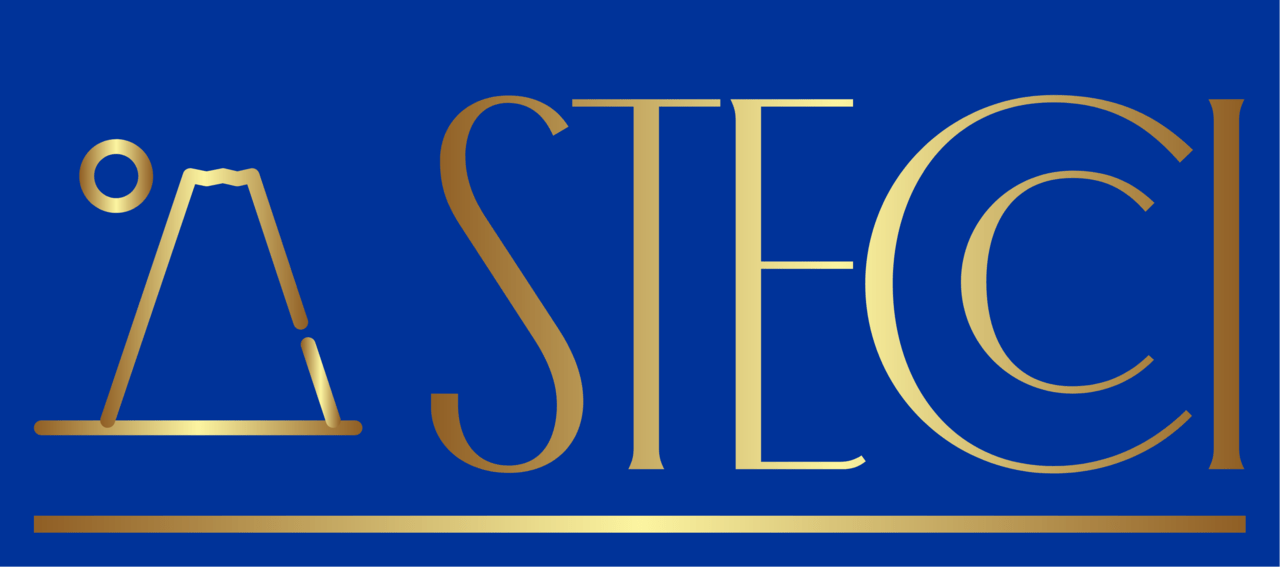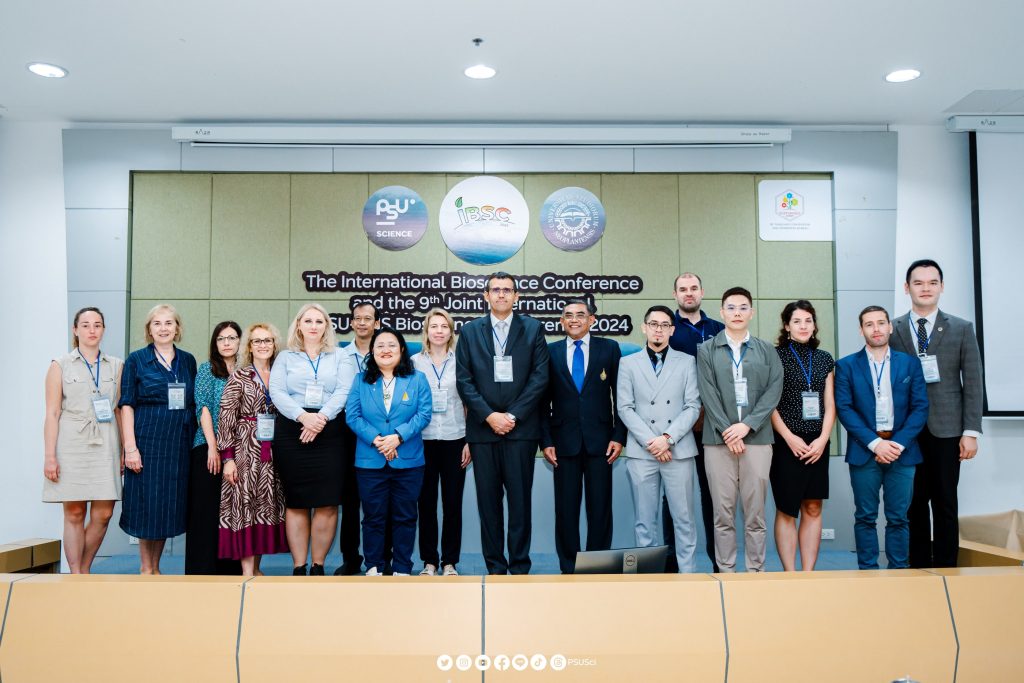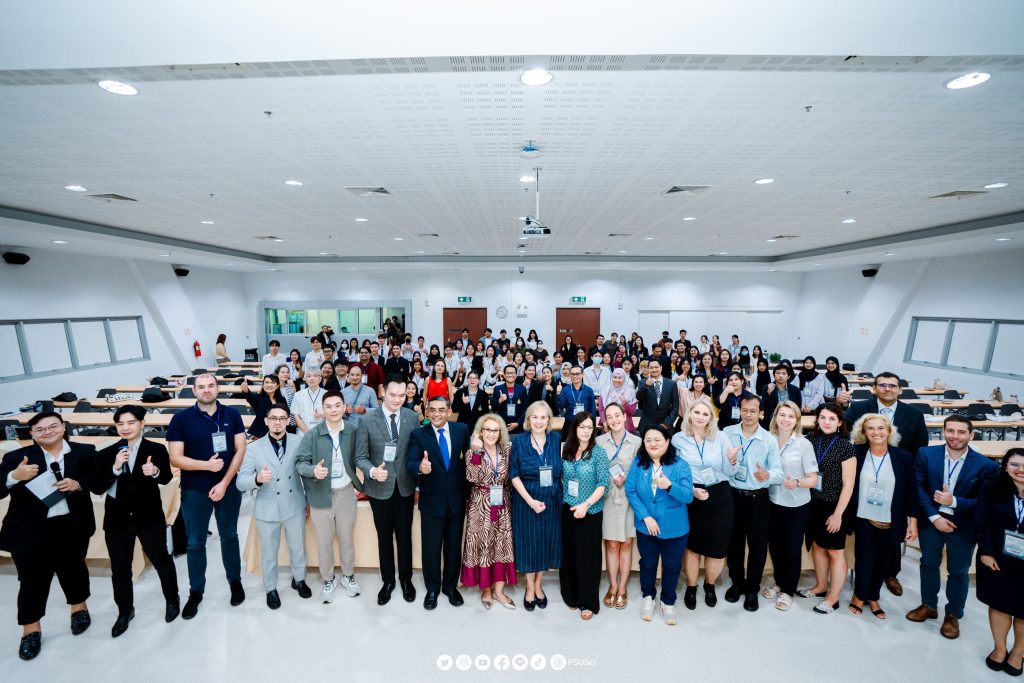- Project title: Creating Resilient Areas to Develop Lifecycles and Ecosystem Services (CRADLES)
- Project number: IPA-ADRION00389
- Institutions participating in the project: IPA partners: Association for the Protection of Aquatic Biota of Albania, University of Mostar (Bosnia and Herzegovina), Institute of Marine Biology (Montenegro); ERDF partners: Zadar County, Institute of Oceanography and Fisheries (Croatia), Union of Universities for Marine Science, Friuli-Venezia Giulia (Italy), University of Ioannina – Research Committee, Hellenic Centre for Marine Research (Greece)
- Status in the project: Partner
- Project Coordinator: Sanja Matić-Skoko, Institute of Oceanography and Fisheries, Croatia
- Project Coordinator for the PMF: Dušanka Cvijanović (Department of Biology and Ecology)
- Project Call: Priority Axis 2 – Strategic Projects ISO1
- Project Type: IPA ADRION
- Period of realization: 2024-2027
- Project website: https://cradles.interreg-ipa-adrion.eu
You are browsing archives for
Tag: DBE
International Bioscience Conference – IBSC2024 held in Hat Yai, Thailand
The International Bioscience Conference (IBSC2024), the result of longstanding collaboration between Prince of Songkla University (PSU) and the University of Novi Sad (UNS), took place on October 28-29, 2024, in Hat Yai, Thailand, marking the ninth edition of this international event.
This year’s host, the Faculty of Science at Prince of Songkla University, organized the event in line with principles of sustainable and eco-friendly event management. The conference theme, “Bio4: Expanding the Horizon”, focused on fostering knowledge exchange and deepening international cooperation through sessions promoting innovation and contemporary trends in biosciences.
On the second day of the conference, particular emphasis was placed on presenting the international programs Horizon Europe and Erasmus+, as well as successful projects within these initiatives. Panel discussions were also held, covering topics such as scientific development and excellence, global challenges, and technology transfer.
IBSC2024 provided participants with a valuable opportunity to exchange the latest scientific insights and ideas, as well as to enhance collaboration between partner universities. In a friendly and collegial atmosphere, PSU warmly welcomed a delegation of 10 faculty members from the University of Novi Sad.
We eagerly anticipate the next IBSC conference, which will take place in Novi Sad in two years, and look forward to welcoming our Thai colleagues.
Isidora Kešelj and Milica Radaković, winners of the national scholarship “For Women in Science”
On December 25, 2023, the national awards “For Women in Science” for 2023 were awarded, and out of three, two winners are from the Faculty of Sciences. The awards were given to: Ana S. Dobrota, Isidora Kešelj and Milica Radaković.
Isidora Kešelj is Assistant Professor in the field of Animal Physiology at the Department of Biology and Ecology, and her work is based on finding solutions for male infertility.
Isidora Kešelj
Milica Radaković works at the Department of Geography, Tourism and Hotel Management, dealing with climate and environmental change research, and this award will contribute to further advancement of her work.
Milica Radaković
The National Awards ceremony within the thirteenth cycle of the L’Oréal-UNESCO program “For Women in Science” was organized by the Ministry of Science, Technological Development and Innovation, the Commission of the Republic of Serbia for Cooperation with UNESCO and the L’Oréal Balkan company. Through this program, female scientists receive funds for the realization of their research projects (€5,000 each).
Previously, Marija Lesjak and Snežana Papović from the Department of Chemistry, Biochemistry and Environmental Protection, Mirjana Ćuk and Nevena Veličković from the Department of Biology and Ecology and Jelena Aleksić from the Department of Mathematics and Informatics have received this scholarship.
New project of HORIZON EUROPE Innovation actions – “Restore4Life”
“Restoration of wetland complexes as life supporting systems in the Danube Basin (Restore4Life)” is a HORIZON EUROPE Innovation Action project in which our Department is a partner. The coordinator of this international project is Dr Mihai Adamescu, head of the research center for systemic ecology and sustainability from Romania, while the coordinator of the project for the Faculty of Sciences is Prof. Dr Dušanka Cvijanović. This project under the project name HORIZON-MISS-2022-OCEAN-01; Action: HORIZON-MISS-2022-OCEAN-01-02 will be implemented in the period from 2023 to 2027.
Balkan Pollinator Digital Survey (Balkan PolliS)
- Project title: Balkan Pollinator Digital Survey (Balkan PolliS)
- Project number: 101081903
- Institutions participating in the project: University of Novi Sad Faculty of Sciences (UNSPMF, Serbia), University of the Aegean (UAegean, Greece), Slovenian Forestry Institute (SFI, Slovenia), Natural History Museum of Montenegro (PMP, Montenegro)
- Status in the project: Main Applicant
- Project leader: Ante Vujić, Department of Biology and Ecology
- Project call: Third Party Project Grant Contract (3PP Contract) under the TETTRIs Project
- Project type: HORIZON EUROPE
- Period of realization: 1 January 2024 – 31 October 2025
- Project website: https://tettris.eu & https://tettris.eu/background-to-the-call
Research network on the metabolome of cyanobacteria (CyanoMeta)
- Project title: Research network on the metabolome of cyanobacteria (CyanoMeta)
- Project number: 22320076
- Institutions participating in the project: Jagiellonian University, Faculty of Biochemistry, Biophysics and Biotechnology (Poland); University of Novi Sad, Faculty of Sciences (Serbia); Pavol Jozef Safarik University in Kosice, Faculty of Science, Department of Botany (Slovakia); Hungarian University of Agriculture and Life Sciences, Institute of Aquaculture and Environmental Safety, Department of Aquaculture (Hungary); Masaryk University, Faculty of Sciences, RECETOX (Czech Republic)
- Status in the project: Partner
- Project leader: Nada Tokodi (Department of Biology and Ecology)
- Project type: Visegrad+ Grants
- Period of realization: October 2023 – April 2025
- Project website: https://cyanometa.project.uj.edu.pl
A European flyway research network for the effective conservation of migrant landbirds (EUFLYNET)
- Project title: A European flyway research network for the effective conservation of migrant landbirds (EUFLYNET)
- Project number: CA22117
- Institutions participating in the project: https://www.cost.eu/actions/CA22117/
- Status in the project: Partner
- Project leader: Dimitrije Radišić
- Project type: COST action
- Period of realization: 12.10.2023-11.10.2027
- Project website: https://www.cost.eu/actions/CA22117/
The Project ‘Stone Monument Ensembles and the Climate Change Impact’ (STECCI)
 As of September 1, 2023, the Faculty of Sciences University of Novi Sad officially started the implementation of this scientific research project financed within the EU Program for Research and Innovation ‘Horizon Europe’ (2021-2027) titled ‘Stone Monument Ensembles and the Climate Change Impact’ (STECCI). The project was rated as outstanding by the evaluators of the European Commission and the Horizon Europe Program with 14 out of 15 possible points.
As of September 1, 2023, the Faculty of Sciences University of Novi Sad officially started the implementation of this scientific research project financed within the EU Program for Research and Innovation ‘Horizon Europe’ (2021-2027) titled ‘Stone Monument Ensembles and the Climate Change Impact’ (STECCI). The project was rated as outstanding by the evaluators of the European Commission and the Horizon Europe Program with 14 out of 15 possible points.
The project will certainly arouse the interest of those who know what ‘stećci’ are, as well as of all those who will be acquainted with this type of medieval tombstones for the first time, getting to know their unique shape and ornamentation, and exceptional cultural and documentary value, rightfully included in the UNESCO List of World Heritage Sites.
The research topic is very up to date because it is about the climate change impact on cultural heritage monuments, here specifically on ‘stećci’ (medieval tombstones), including anthropogenic threats, environmental threats, neglect of cultural heritage, etc. Furthermore, the research that will be carried out within the project is especially multidisciplinary because it holistically combines different scientific disciplines and expertise. The topic of ‘stećci’ is more than relevant for the geographical coverage of our region, where ‘stećci’ are a unique phenomenon – countries of the Western Balkans, Ex-Yugoslavia countries: predominantly Bosnia and Herzegovina, Serbia, Montenegro, Croatia, while the international partners are from France, Germany, Austria and from Malta.
Under the coordination of the University of Sarajevo, UNSPMF is a partner in a very compact international consortium that combines all relevant scientific disciplines: climatology, social sciences, digitization, economics, creative industries, preservation and conservation of cultural heritage applying the newest approaches. The added value of the project is the active involvement of citizens in the project (Citizen Science).
Project duration: September 1, 2023 – August 8, 2027
The project leader at UNSPMF is Prof. Snežana Radulović, Ph.D. from the Department of Biology and Ecology, and the wider team of researchers including almost all departments of UNSPMF: Department of Geography, Tourism and Hotel Management, Department of Physics, Office for International Cooperation and Projects, which is an excellent example of interdisciplinary cooperation at the Faculty itself.
The role of researchers from UNSPMF is twofold – in addition to the relevant research contribution, UNSPMF is in charge of a unique work package called “Dissemination, communication and exploitation of project results”, which is an added value of participating in the project, bearing in mind how important scientific communication and raising awareness of the significance of this project is – both among professionals and the general public.
Stone monument ensembles and the climate change impact (STECCI)
- Project title: Stone monument ensembles and the climate change impact (STECCI)
- Project number: 101094822
- Institutions participating in the project: University of Sarajevo (Bosnia and Herzegovina), Heritage Malta (Malta), University Donja Gorica (Montenegro), University of Applied Arts Vienna (Austria), Prussian Cultural Heritage Foundation (Germany), The Centre for Social Innovation Vienna (Austria), University of Split Arts Academy (Croatia), Faculty of Sciences of the University of Novi Sad (Serbia), Mines-Telecom Institute (France)
- Status in the project: Partner
- Project coordinator: Nusret Drešković (University of Sarajevo, Bosnia and Herzegovina)
- Project coordinator for UNSPMF: Snežana Radulović (Department of Biology and Ecology)
- Project call: HORIZON-CL2-2022-HERITAGE-01
- Project type: HORIZON EUROPE Research and Innovation Actions
- Period of realization: 2023-2027 (1 September 2023 – 31 August 2027)
- Project website: https://steccihorizoneu.com
Restoration of wetland complexes as life supporting systems in the Danube Basin (Restore4Life)
- Project title: Restoration of wetland complexes as life supporting systems in the Danube Basin (Restore4Life)
- Project number: 101112736
- Institutions participating in the project: Universitatea din București (UB, Romania), Universität für Bodenkultur Wien (BOKU, Austria), Faculty of Agriculture (University of Novi Sad, Serbia), Faculty of Sciences (University of Novi Sad, Serbia), Josip Juraj Strossmayer University of Osijek (UNIOS, Croatia), The National Institute for Research and Development on Marine Geology and Geo-ecology (GEOECOMAR, Romania), “The Lower Danube” University (UGAL, Romania), National Administration of Meteorology (ANM, Romania), Catholic University of Eichstätt-Ingolstadt (KUEI, Germany), WWF Romania (WWF Romania), Central Tisza Region Water Directorate (KÖTIVIZIG, Hungary), Institute of Landscape Ecology, Slovak Academy of Sciences (ILESAS, Slovakia), National Institute of Geophysics, Geodesy and Geography – Bulgarian Academy of Sciences (NIGGG BAS, Bulgaria), Institute for Nature Conservation of Vojvodina Province (PZZP, Serbia), F6S Network Limited (F6S, Ireland), Water Administration of Northern Hungary (ÉMVIZIG, Hungary), Sofia University “St. Kliment Ohridski” (UNISOFIA, Bulgaria), National University of Public Service (UPS, Hungary), University of Montenegro (UOM, Montenegro), University of Sarajevo (UNSA, Bosnia and Herzegovina), National Center for Sustainable Development (CNDD, Romania), Spanish National Research Council (CSIC, Spain), Forschungsverbund Berlin e.V. (FVB-IGB, Germany), Bratislava regional conservation association (BROZ, Slovakia), Institute for Water of the Republic of Slovenia (IZVRS, Slovenia), Helmholtz Centre for Environmental Research – UFZ (UFZ, Germany), National Research and Development Institute Delta (INCDDD, Romania), via donau – Österreichische Wasserstraßen-Gesellschaft m.b.H. (VIA DONAU, Austria), Ministry of Environment, Waters and Forests (MMAP, Romania), Αrchipelagos-Institute of Marine Conservation (AIMC, Greece)
- Status in the project: Partner
- Project coordinator: Dr Mihai Adamescu, Head of Research Center in Systems Ecology and Sustainability, Romania
- Project coordinator for UNSPMF: Dušanka Cvijanović (Department of Biology and Ecology)
- Project call: HORIZON-MISS-2022-OCEAN-01; Action: HORIZON-MISS-2022-OCEAN-01-02
- Project type: HORIZON EUROPE Innovation Actions
- Period of realization: 2023-2027
- Project website: https://restore4life.eu
- Promo video: https://www.youtube.com/watch?v=uNQNvaUIK90



